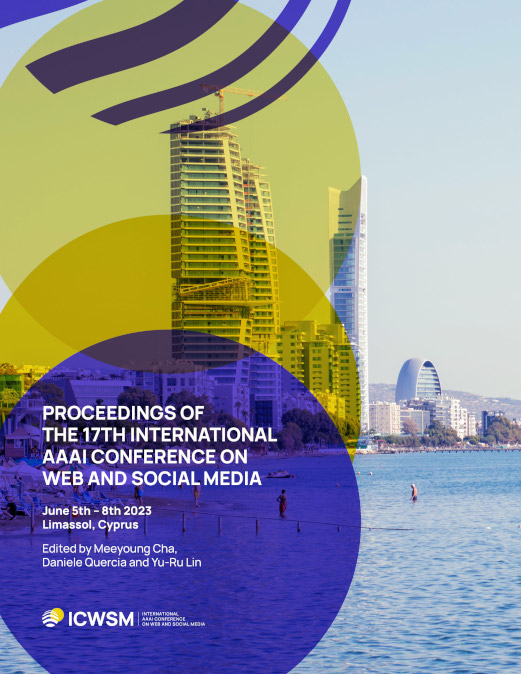Host-Centric Social Connectedness of Migrants in Europe on Facebook
DOI:
https://doi.org/10.1609/icwsm.v17i1.22224Keywords:
Measuring predictability of real world phenomena based on social media, e.g., spanning politics, finance, and health, Organizational and group behavior mediated by social media; interpersonal communication mediated by social mediaAbstract
Extant literature has explored the social integration process of migrants settling in host communities. However, this literature typically takes a migrant-centric view, implicitly putting the burden of a successful integration on the migrant, and trying to identify the factors that lead to integration along various dimensions. In this paper, we flip this point of view by studying the attributes of natives that govern their propensity to form social ties with migrants.We do so by using anonymous and aggregate social network data provided by Facebook’s advertising platform. More specifically, we look at factors that influence the propensity for a likely-to-be non-Muslim Facebook user to have at least one social connection to a Facebook user who celebrates Ramadan. Given that, in the European context, following Islam is predominantly tied to a migration background, this gives us a lens into cross-cultural native-migrant connectivity. Our study considers demographic attributes of the host population, such as age, gender, and education level, as well as spatial variation across 30 European cities. Our findings suggest that young, educated, and male Facebook users are relatively more likely to build cross-cultural ties, compared to older, less educated, and female Facebook users. We also observe heterogeneity across the analyzed cities.Downloads
Published
2023-06-02
How to Cite
Khatua, A., Zagheni, E., & Weber, I. (2023). Host-Centric Social Connectedness of Migrants in Europe on Facebook. Proceedings of the International AAAI Conference on Web and Social Media, 17(1), 1143-1147. https://doi.org/10.1609/icwsm.v17i1.22224
Issue
Section
Poster Papers

